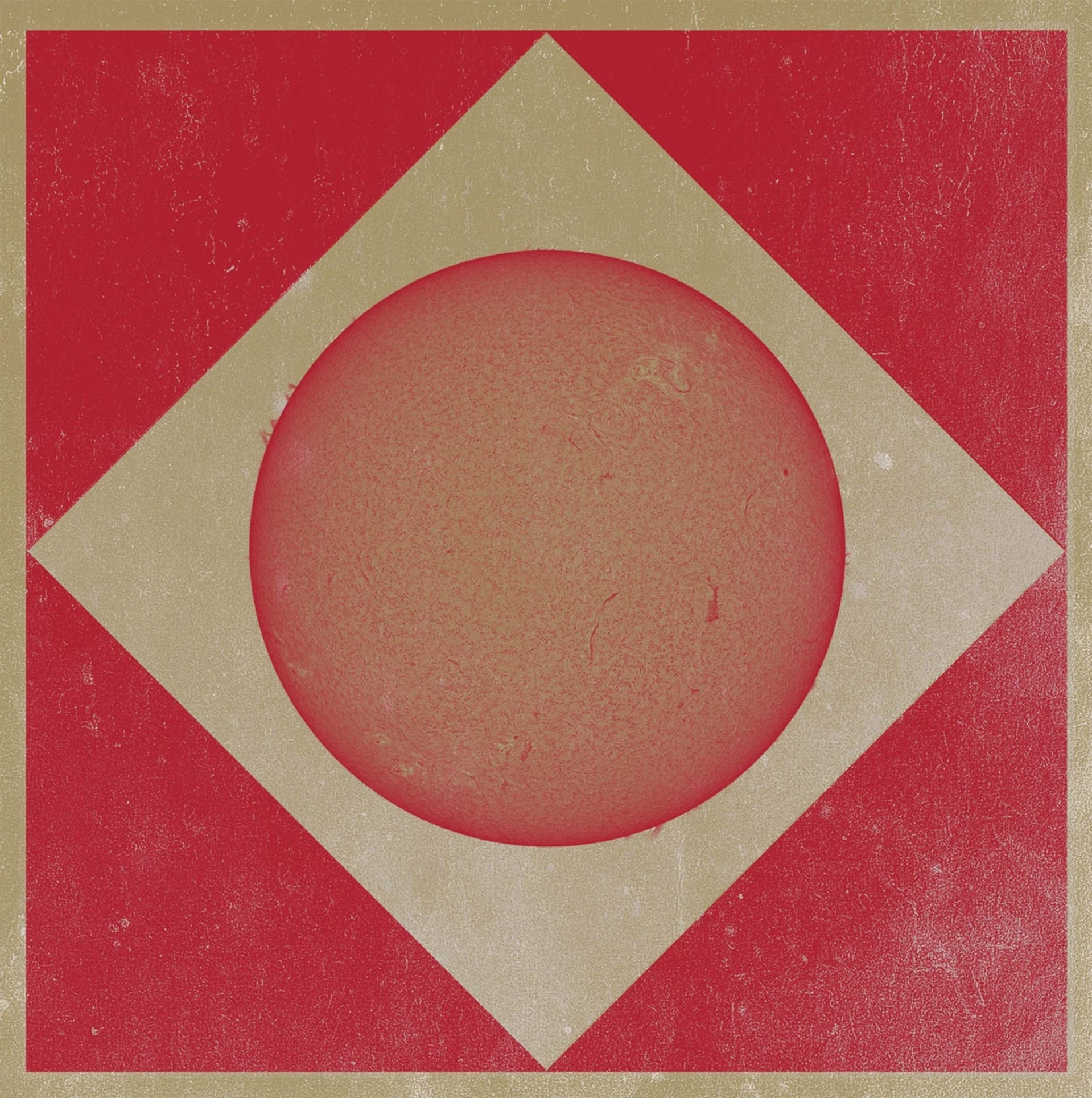
Harmonic Vapors: Daniel Jones on Sunn O))) & Ulver’s Terrestrials
For many electronic music fans, metal can be a hard sell. This American/Norwegian collaboration of revered names may just be the perfect gateway drug, says Daniel Jones.
If you’re not a fan of metal, Sunn O))) is a good starting point for you—though if looming walls of noise and bass as dense as neutron stars are your thing, you probably would have heard of them by now anyway. Shrouded in druidic cloaks and blinding layers of fog, they’ve developed a reputation as not only one of the greatest metal bands of all time, but also as one of the most intensely loud live shows you will ever experience. Comparisons to projects like Merzbow and Earth (both admitted influences) have circled around them since the beginning, but an even better comparison would be Brian Eno—provided he’d been raised in a dead forest on the blood of wolves.
In the last sixteen years, founding members Greg Anderson and Stephen O’Malley have turned guitar droning into an art form. From early works like ØØ Void, built around tonality as meditative as it is soul-suckingly empty, to their black metal-celebrating/redefining Black One and the ritualistic trance-inducer Monoliths & Dimensions (the climax of which is an appropriately glacial tribute to jazz pianist Alice Coltrane) Sunn have always maintained one constant in the last sixteen years of their existence: as slow as the pace might feel, they’ve always moved their sound forward. 2014 has already birthed two separate Sunn releases, the first being a collection of rehearsal cuts from a couple of years ago called LA REH 012. While the innards are reliably Sunn-y, it’s their collaborative record Terrestrials that feels the most vital— all the more impressive when you consider that the entire thing was recorded in the space of one evening.
This isn’t the first time Ulver and Sunn have worked together—in 2006 the Norwegian band appeared on the track “CUTWOODedD” for Sunn’s WHITEBox, a special vinyl edition boxset comprising their albums White1 and White2 albums along with bonus material. Yet the two groups fit together so well it’s a wonder we haven’t seen more of this partnership before now. From the slow-burning opener “Let There Be Light”, you’re led into a vast realm lit by brass and electronics. Smokey trumpet evokes a sort of late-night modern noir before pounding drums and crashing cymbals beat down upon you. Stylistically, Ulver is far more wide-ranging in sound than their American counterparts, with releases that dismantle/repurpose electronica, psychedelia, ethereality and orchestral arrangements. The pairing gives Terrestrials not only weight, but also the sort of harmonic beauty that doesn’t require a nihilistic worldview.
Take “Eternal Return”—at 14:29, it’s the album’s longest movement, but constructed in such an epically beautiful and sonically diverse fashion that time becomes irrelevant as it evolves and spreads across the mind. The chasmic low-ends are balanced perfectly by the warm intimacy of strings, touches of music-box notes blended at the edges, fragmented voices spiral out before dissolving like smoke amongst feedback. It’s also the only track to feature clear vocals, provided by Ulver frontman Krystoffer Rygg. No matter how many times I hear it, this first appearance of true humanity in the record is palpably shocking, and made all the more surreal by being prefaced by Tangerine Dream-like synths. As raw-sawed string arrangements eventually shatter in crescendo, it reforms in delicately jittery harpsidischordia that echoes, echoes—and is gone.
Terrestrials is not a perfect album—“Western Horn”, which forms the center of the album, feels a bit too much like your typical Sunn track. It’s as ominous and menacing as you might expect, and by itself it’s a great piece, yet its droning layers and electronic ambience never conclusively develop when compared to the majestic pallets wielded before and after, and thus fail to capture the imagination in quite the same way. Perhaps that’s not such a shame, however. Between two pieces with far more rhythmic balance, “Western Horn” provides an initiation to a band for those who might flinch from the associations that many electronic fans feel when confronted with an album by two giants of modern metal. While some may never explore such artists, yet frequently sing the praises of the similarly haunting desolations conjured by Tim Hecker, Coil, or Godspeed You! Black Emperor, this is an excellent gateway drug for them to discover two of the finest and most innovative names in experimental music. Terrestrials certainly invites plenty of opportunity for discussion, but its most important purpose is vibing the fuck out. ~
Terrestrials is out now on Southern Lord.
Published February 06, 2014. Words by Daniel Jones.
